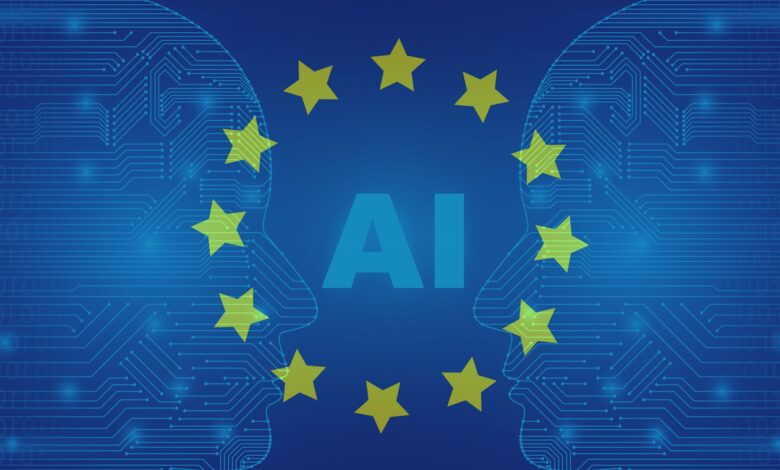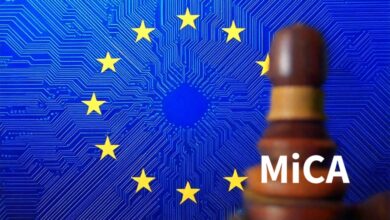EU Agrees on AI Regulations: Setting Global Precedents

On Friday, Europe reached a preliminary agreement on groundbreaking regulations within the European Union (EU) concerning the use of artificial intelligence, as reported by Reuters. This encompasses the governmental utilization of AI in biometric surveillance and the oversight of AI systems like ChatGPT. This agreement marks a significant step towards the EU being the first major global authority to implement comprehensive laws governing AI.
The deal, achieved after extensive negotiations spanning nearly 15 hours following a marathon 24-hour debate, involves EU countries and members of the European Parliament. The finer details are yet to be finalized, potentially altering the ultimate shape of the legislation in the days ahead.
European Commissioner Thierry Breton emphasized EU’s pioneering role, recognizing the significance of setting global standards. He hailed the agreement as a historic milestone during a press conference.
The accord mandates foundational models like ChatGPT and general-purpose AI systems to adhere to transparency requirements before their market release. These obligations encompass creating technical documentation, compliance with EU copyright laws, and sharing detailed summaries about the training data.
High-impact foundational models posing systemic risks will need to undergo evaluations, mitigate risks, conduct adversarial testing, report serious incidents to the European Commission, ensure cybersecurity, and disclose energy efficiency details.
General-purpose AI systems with systemic risks may opt for codes of practice to comply with the new regulations.
Regarding real-time biometric surveillance in public spaces, governments are restricted to specific scenarios like addressing victims of certain crimes, preventing immediate threats such as terrorist activities, and pursuing individuals suspected of severe offenses. Prohibited activities include cognitive behavioral manipulation, untargeted harvesting of facial images from the internet or CCTV footage, social scoring, and using biometric categorization to infer personal beliefs, orientation, or race.
Consumers will possess the right to file complaints and receive comprehensive explanations, with penalties for violations ranging from 7.5 million euros ($8.1 million) or 1.5% of turnover to 35 million euros or 7% of global turnover. However, business group DigitalEurope criticized these rules as an additional burden for companies, adding to recent regulatory pressures.
The legislation is anticipated to take effect early next year after formal ratification by both sides, with implementation expected two years thereafter.
This regulatory move by the EU occurs amidst global efforts by governments to strike a balance between harnessing the benefits of AI—its capacity for human-like interactions, answering queries, and programming—and the necessity of establishing regulatory frameworks.
Europe’s ambitious AI regulations could set a precedent for other governments, providing an alternative approach to the United States’ lighter regulatory touch and China’s interim rules.





